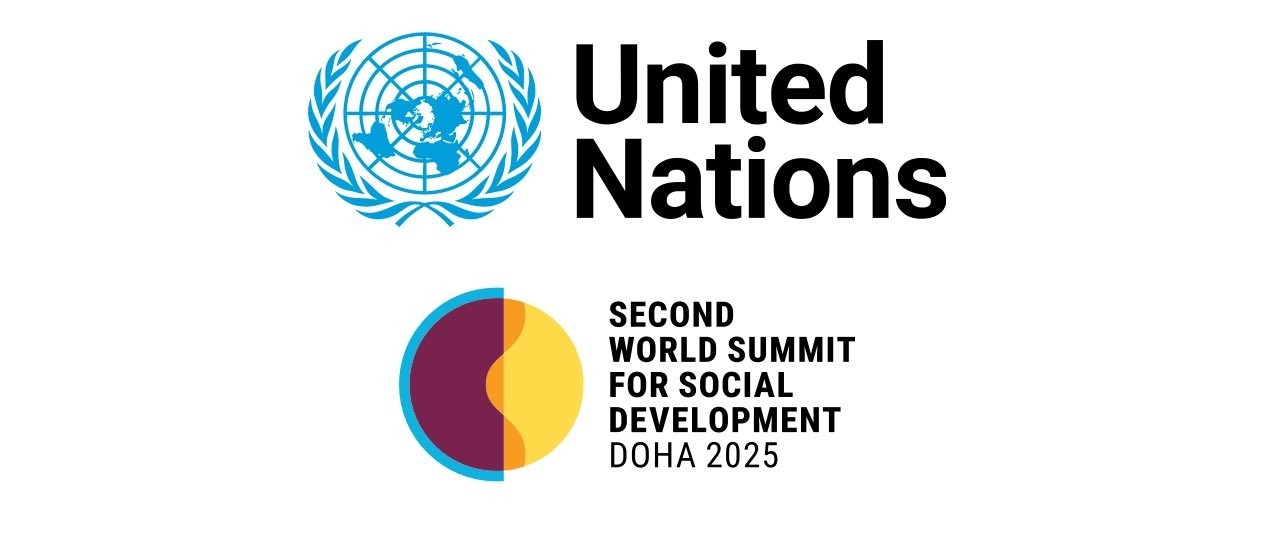Why the Second World Summit for Social Development in November can be a pivotal moment for CDWD
The Civil Society Forum at the Second World Summit for Social Development (WSSD2), scheduled for November 4–6, 2025, will host a featured event focused on structural approaches to social development and leadership initiatives for women and girls. The session will examine how social development can be strengthened by addressing intersectional realities, particularly for women from Communities Discriminated on Work and Descent (CDWD).
The event will explore how public service provision, equal opportunities in the labour market, and formal legal and institutional systems can be leveraged to promote human rights, gender equality, and social stability. Organizers aim to show that by adopting gender-responsive design, justice systems and social services can become foundational pillars of equitable societies.
Highlighting best practices and practical solutions, the session will feature government representatives, UN experts, and grassroots activists. Central to the discussion will be strategies to support women from CDWD communities, ensuring their full participation in political, social, and economic life.
The event is co-organized by UN Women, the Global Forum of Communities Discriminated on Work and Descent, ERGO, TIMIDRIA, ADRF, CONAQ, AIM, and ANDS. Together, these partners will present examples of inclusive approaches that address the intersectional barriers faced by women and girls from marginalized communities.
These efforts aim to provide solutions that tackle systemic exclusion from justice, education, healthcare, credit, and land, while promoting equal access to economic opportunities and protection against violence.
Globally, over 270 million people face descent-based discrimination, including Dalits, Haratins, Quilombola, Burakumin, and Roma, among others. Women and girls within these communities encounter compounded discrimination that limits access to essential services, exposes them to violence, and restricts economic rights and opportunities. Existing international human rights frameworks have largely failed to address these intersecting forms of exclusion, leaving many of these women and girls marginalized in social, economic, and legal contexts.
Drawing on the UN Women policy paper, “Women Belonging to Communities Discriminated Against Based on Work and Descent: Advancing Intersectional Rights and Justice”, the event will explore strategies to advance human rights for CDWD women and girls. Key objectives include achieving gender equality and empowerment, ensuring economic justice through equal access to decent work and fair pay, and addressing the disproportionate burden of unpaid care and domestic work.
By investing in public services, social protection, and policies promoting shared societal responsibility, the session will discuss how to reduce structural barriers for women from marginalized communities.
The event will also highlight recent progress in the recognition of descent-based discrimination at regional and international levels. The African Commission's Resolution 619 (November 2024) marked the first regional acknowledgment of discrimination against CDWD communities in Africa.
Building on this, the UN Women policy brief (July 2025) documented the experiences of CDWD women and girls, offering concrete recommendations for legal, social, and economic reforms. In addition, UN High Commissioner for Human Rights Volker Türk (HRC59, 2025) emphasized the need to confront descent-based discrimination and include CDWD communities in global human rights agendas.
Speakers at the event are expected to include representatives from the Ministry of Justice of Côte d'Ivoire, the Permanent Mission of the Gambia to the UN in New York, and the Ministry of Labour, Family, Youth and Social Solidarity of Romania. Other participants will include Marie-Elena John, Racial Justice Lead at UN Women, and Simona Torotcoi, Senior Researcher at the Global Forum of Communities Discriminated on Work and Descent.
Through these discussions, the session aims to demonstrate how inclusive institutions and policies, grounded in justice and designed to achieve gender and economic equality, are being implemented worldwide. It calls on the international community to support cooperation models rooted in shared values, mutual respect, and collective commitment to equality, peace, human rights, and the empowerment of all women and girls.
Also Read: Unequal Progress: Roma Inclusion in 2025 SDG Reviews Remains Incomplete Across Europe


